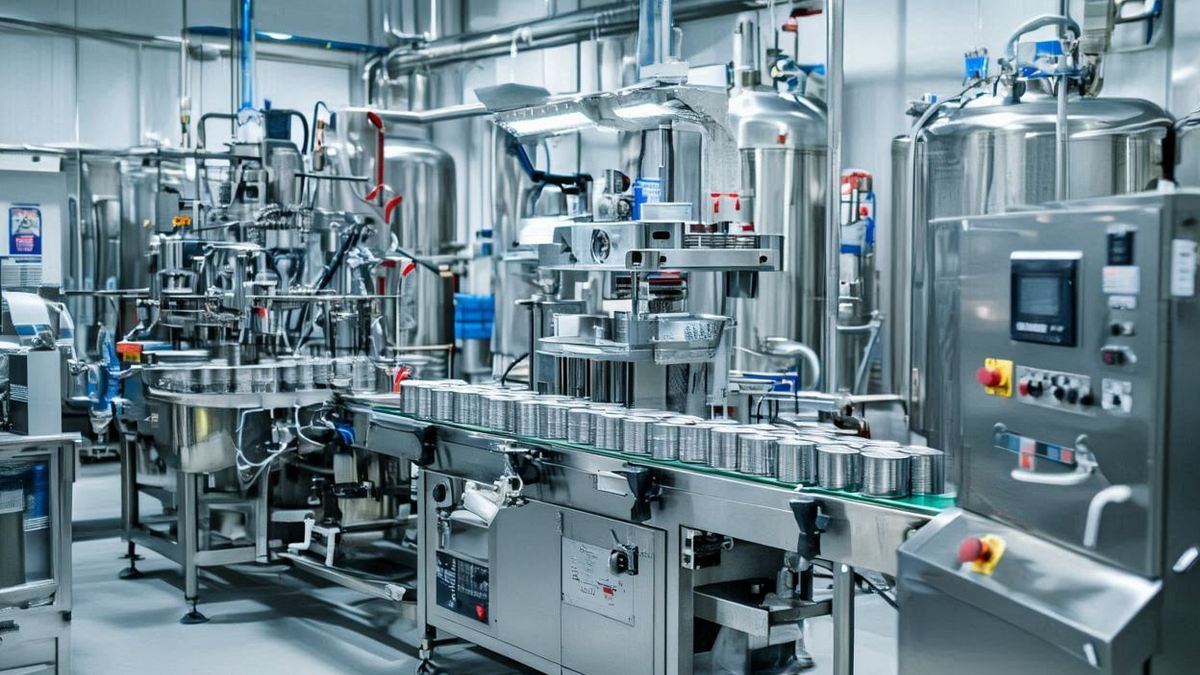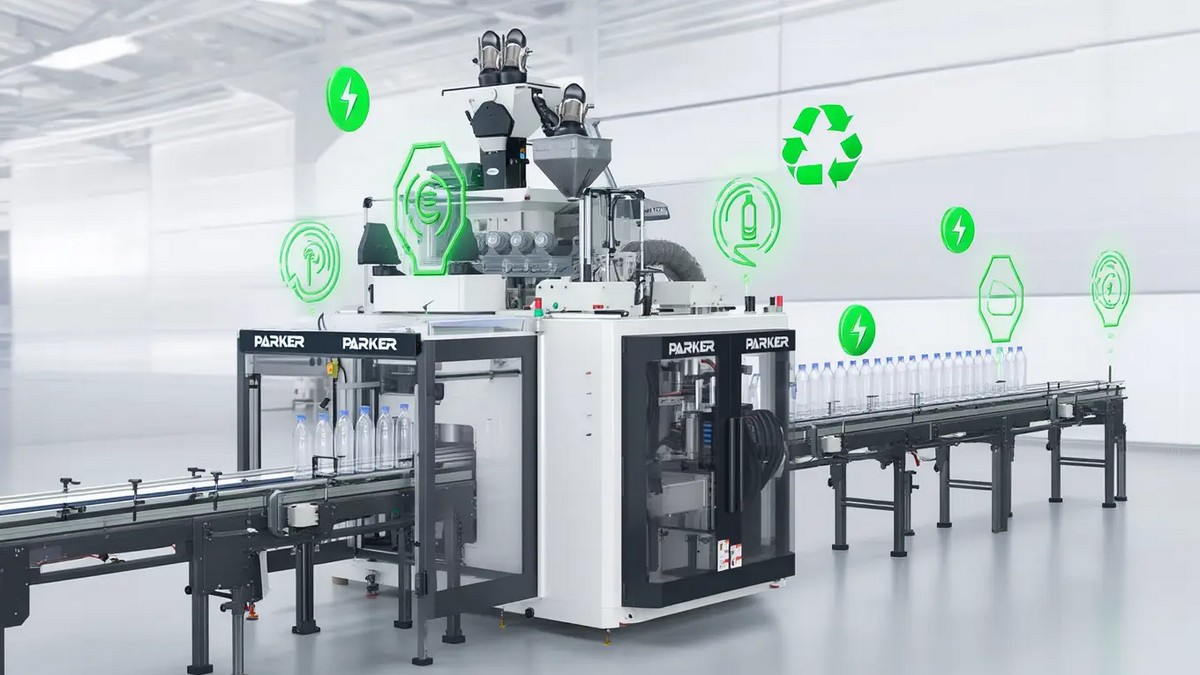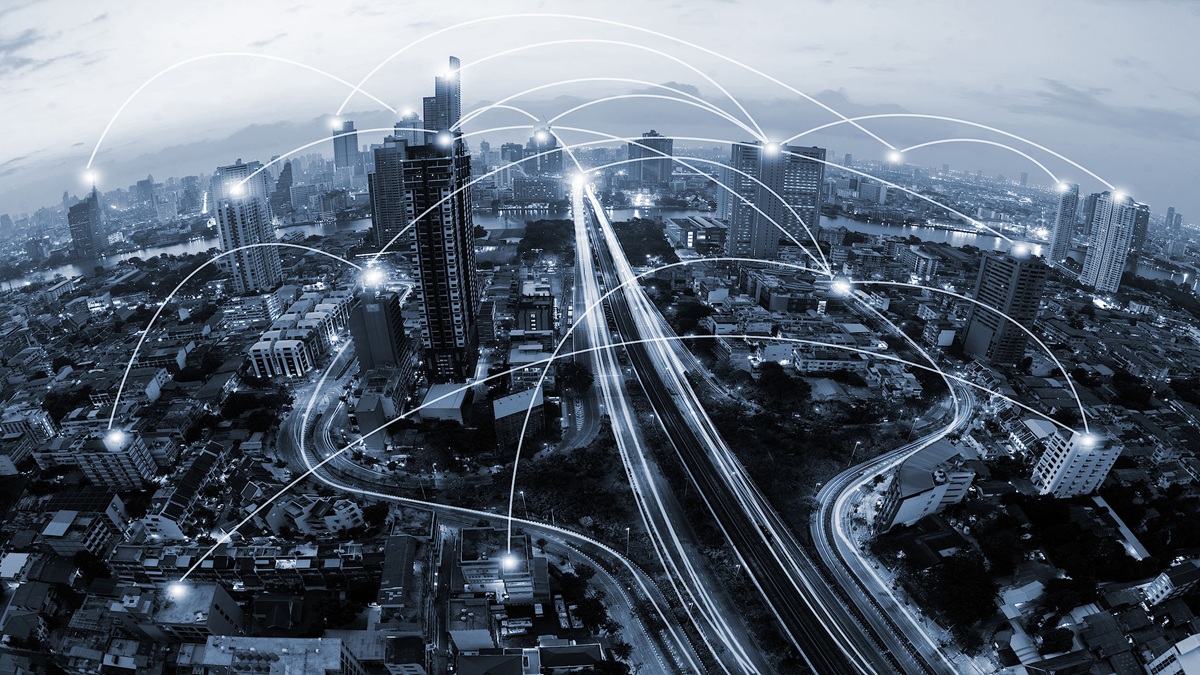The building materials construction industry is an important part of economic development, ranging from the construction of national public works to the home life of the general public, all of which are related to the building materials construction industry.
What is the Building Materials Industry Chain?
The building materials construction industry chain refers to the upstream and downstream related industries engaged in the design, construction, or turnkey contracting of residential buildings, commercial offices, factories, or public works. The upstream includes the supply of building materials, basic engineering, structural engineering, mechanical and electrical engineering, related construction engineering design, etc. The midstream is for construction, construction, and engineering contracting. Builders usually acquire land first and then carry out design contracting and construction. Builders are responsible for contracting turnkey projects for factories, residences, or public works. Downstream includes decoration, property management, and other industries.
Upstream of Building Materials Construction Industry:
They are the suppliers of building materials such as steel bars, H-beams, cement, ready-mixed concrete, sand and gravel, glass ceramics, etc., or manufacturers specializing in the structural engineering and mechanical and electrical engineering design of factories or residences. The basic engineering includes the manufacturing and contracting engineering business of major livelihood infrastructures construction projects such as pipe materials such as cement pipes, concrete, etc., as well as pipeline engineering for tap water diversion, sewer sewage system engineering, and land rezoning engineering. Structural engineering includes SRC steel structure construction engineering, steel frame/steel structure/iron engineering maintenance engineering, floating dock engineering, harbor engineering, industrial area plant civil engineering, equipment integration turnkey engineering, etc.
Engineering design includes clean room engineering, industrial ventilation engineering, constant temperature and humidity engineering, environmental engineering, process facilities, video imaging system, electric vehicle power system, energy management systems, power supply equipment, automation equipment, and other industrial-related design planning. Mechanical and electrical engineering includes energy-saving technical services, mechanical and electrical air-conditioning system design integration services, equipment turnkey engineering or power, construction services for power monitoring system engineering, installation, repair, and maintenance of machinery and equipment, and design, production, and construction of machinery and equipment.
Midstream of Building Materials Construction Industry:
The scope of the construction industry includes contracting repair/renovation projects, construction of buildings such as land preparation, infrastructure, construction equipment installation and civil engineering construction, reconstruction, repair, and other industries. The construction industry can be mainly divided into the construction engineering industry, civil engineering industry, and specialized construction industry. The civil engineering industry covers road engineering, public utility engineering, and another civil engineering. The specialized construction industry includes land preparation, foundation and structural engineering, garden landscape engineering, electrical and mechanical, pipeline and other construction equipment installation, building completion and decoration engineering, and other specialized construction industries. The construction industry is an important basic industry for national economic construction. It undertakes the basic construction tasks of national civil engineering. In addition to being related to the safety of people's lives and property and the quality of the living environment, it can guide the needs of upstream-related material industries and create employment opportunities. The construction industry provides Services, whether public works or infrastructure required by other industries have a great impact on national economic development and the satisfaction of people's livelihood needs.
The construction industry is quite professional and needs to have a basic technical team. The characteristics of the industry include being susceptible to government policies and the promotion of major public works projects, bidding as the way to obtain business, unstable business sources, and no specific owners. The production time is longer, the project subcontracting is fine, the differences between the small packages are large, and so on. Therefore, to maintain the basic operation of professional construction plants, most of them invest in related industries such as commercial factories, private real estate projects, or property management.
Construction engineering companies are mostly small and medium-sized enterprises, and fewer are international turnkey engineering companies. The EPC turnkey is to provide one-stop engineering services from engineering design, and procurement to construction. The domestic construction industry in Taiwan is relatively small, so it can only do local transportation construction and construction projects, and cannot undertake large-scale international projects. The construction industry needs to strengthen research and development and talent training. Research and development include the research and development of construction methods and materials. Only by continuous research and development and technological improvement, can it continue to develop internationally. The construction engineering industry is mainly engaged in the construction of general private housing, real estate development, sale, leasing, and other businesses. The construction industry usually acquires land first, and then is responsible for the initial planning and design of the entire building, the completion of sales, and the completion of a construction project. The builder needs to entrust relevant industries to carry out the professional division of labor, including the initial planning and design of the building. Engineering consulting industry, architect firms, construction manufacturers responsible for construction and construction, and related manufacturers of building materials, decoration, materials, electromechanical, sanitary equipment, etc. required for interior decoration. The construction industry is regarded as one of the economic locomotives. Building a house can increase the use of cement, steel, glass, and tile building materials. After completion, it will drive the market demand for decoration, home appliances, and furniture. The construction industry can drive the consumption of other industries, such as sand and gravel, steel, glass, cement, and furniture used in the production process, decoration, housing agency, and property management that will be used in the use stage. Furthermore, real estate can increase the value of profits and stimulate consumption.
The engineering contracting industry refers to the contracting and handling of engineering planning and design, construction supervision, and technical service consultation. In recent years, the scale of domestic and foreign projects has expanded, and the investment in infrastructure has increased, which will help improve the contracting and handling of engineering technology service providers in Taiwan. Engineering planning and design, construction supervision and technical service consulting and other business volume.
Downstream of Building Materials Construction Industry:
The decoration industry is designed by the interior designer after the overall planning, design, and drawing, and then handed over to the woodworking, paint, water, electricity, and other decoration-related businesses. To carry out the interior decoration construction according to the design drawings. A reputable interior design company is not only responsible for the overall planning of the interior decoration style, but also to ensure the quality of the decoration and construction, and has a warranty responsibility for a certain period. Property management is a construction value-added service industry that has emerged in recent years, providing labor services and services in buildings. Property management is a management service related to the use of buildings. The purpose is to make building users enjoy safety, health, comfort, cleanliness, and environmental protection. In addition to extending the life of buildings, good property management can increase income and enhance the value of the real estate and land through operation and management. Property services include security guards, cleaning services, maintenance, repair, and maintenance of equipment and facilities such as electricity, air conditioning, elevators, water supply and drainage, and safety systems.
Public works construction is an important means to stimulate the economy. In the face of economic difficulties, the government needs to expand the budget for public works to maintain economic growth, and the government promotes infrastructure design to expand comprehensive infrastructure investment. It is hoped that through the construction and improvement of various infrastructures by the government, the momentum of private investment will be strengthened and the overall economic growth potential will be stimulated. In the short term, the public construction industry can stimulate the economy, increase employment and domestic demand, and in the long run, it can accumulate capital stock, promote private investment, and improve the quality of life of the people. To accelerate investment in public construction and improve national infrastructure, and mitigate the impact of the epidemic on the economy, the government will also fully assist in accelerating the promotion of public construction and stimulating the economy.
The Future of the Building Materials Construction Industry - Must Move Towards Technology-Intensive Building 4.0
To promote the transformation and upgrading of the construction industry, Taiwan government departments are planning the "Digital Transformation of the Construction Industry" program, which covers five major technologies: building data centers, building information modeling (BIM), smart management cloud platforms, smart construction, and smart building materials.
The concept of Architecture 4.0 mainly covers planning and design, construction, use, and maintenance management, so that the entire life cycle of buildings can be fully upgraded. The building design is digitized through building information modeling (BIM) technology, and the data in the design process is systematically stored. Through 3D computer simulation, the industry, builders, and future users can clearly understand the details of the appearance and interior space of the building after completion and can show the materials and colors in detail, reducing the expectation gap between the design and the completion of the building.
On-site pouring construction is often affected by the environmental weather and the construction accuracy of the builder. Smart construction allows building components to be manufactured in factories with a controllable environment, and uses various intelligent equipment to assist in the construction, improving construction quality and construction safety in the construction industry, shortening the construction period, and improving efficiency. Generally, it takes about 14 days to build a one-story building with the traditional RC on-site pouring method, and it can be completed in about 7-8 days if the casting method is used.
In addition, to ensure the smooth operation and even optimization of the building from planning and design, construction, use to maintenance and management, how to provide and ensure a large amount of data generated at each stage in real-time, so that the building life cycle can be the analysis and decision-making of intelligent technology and systems is the first and foremost, and the building data center is the source of its basic basis. If a large amount of data can be automatically collected, stored, and analyzed at each stage of the construction life cycle. And at the same time, it can be effectively integrated and used at each stage, and suggestions for optimal operation and decision-making can be put forward. Only then can the goal of digital transformation of the construction industry be truly achieved.
When the construction of the building is completed and enters the stage of use, the smart building materials combined with high-tech equipment and information and communication technology, through sensing technology, the relevant data generated or collected by it, and the Internet of Things technology is used. In addition to storage, it can immediately provide back-end data analysis and decision-making to make corresponding changes to meet various needs. For example, buildings can actively sense changes in environmental weather and personnel usage, and can automatically transmit information and provide information through the Internet of Things. Service, that is, according to sunlight, temperature, control curtains, lights, air-conditioning, etc., to provide personnel with the most comfortable and energy-saving indoor environment is a useful situation after the integration of smart applications. Smart building materials are the neural components that promote the digital transformation of buildings. By combining the Internet of Things and artificial intelligence computing, we can provide smart life application services that meet the needs. Not only to improve convenience, but also to achieve more energy-saving purposes, and even allow Taiwanese manufacturers to export smart building materials to expand economic benefits.
Since the life cycle of a building is more than 50 years, in addition to good planning, design, and construction, the most important thing is to have good maintenance management, so that this building can develop sustainably. With the advent of the era of intelligence and the rise of technologies such as 5G, IoT, AI, and big data. The use of information and digital management can not only reduce the difficulty and waste of written data preservation but also effectively shorten the real-time maintenance and management problems response and processing time. The establishment of a digital management process of the smart management cloud platform can make the operation data of construction equipment, management process data, and the building data of the BIM model interrelated, and strengthen the interaction of the data, which can help to improve the quality of facility management. It can reduce labor costs and the possibility of human error in the operation stage. If there is a problem with facilities and equipment in the building, maintenance and troubleshooting must be carried out immediately. The building data center can be connected to the cloud to obtain relevant information in the architectural planning, design, and construction stages in real-time. The virtual 3D building data of the BIM model can be used for outsourcing. The maintenance or management unit personnel can immediately grasp the incident point and remote discussion and solution methods remotely, and assist in solving problems in real-time, reducing the time cost wasted by personnel traveling and waiting for maintenance, which will greatly improve the overall maintenance management service quality.











.jpg)
.jpg)
.jpg)
